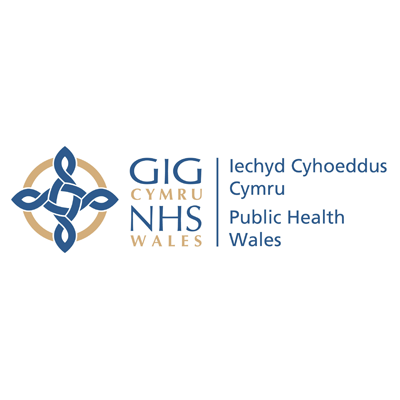Parents and guardians in Wales are being encouraged to protect young people against HPV related cancers by ensuring they take up the offer of the HPV vaccine in school.
HPV (human papillomavirus) is a common virus in the UK, and it is estimated that 8 out of 10 people will be infected with HPV at some point in their lives.
Chris Johnson, Head of the Vaccine Preventable Disease Programme at Public Health Wales, said:
“Most HPV infections don’t show any symptoms and for most people, the virus will clear from the body naturally without causing harm. However, in some cases it can lead to cell changes that may develop into cancer, or cause genital warts
“High-risk types of HPV are linked to cervical cancer, head and neck cancers, and other cancers of the genitals and anus.
“The HPV vaccine is a safe and highly effective single-dose vaccine that is offered to all children at 12 to 13 years of age, or school year 8. It provides long-lasting protection against HPV and the cancers it can cause.”
CASE STUDY
Rhian Griffiths was just 25 when she died from cervical cancer. At the time there was no vaccination against HPV as part of the routine immunisation schedule for Wales. Her parents are now urging families to protect their children by ensuring they take up the HPV vaccine when offered. Her dad Wayne, said: “Rhian didn’t want to be forgotten and she never will be. If hearing her story encourages even one person to get vaccinated or attend a screening, it could save a life and spare another family the pain we have been through.
“Don’t be unsure – what’s stopping you? There are no disadvantages, and it could save your life. Anything that can reduce your risk of cancer is worth it.” They have raised over £1 million in Rhian’s memory to support cancer services across South Wales.
In schools across Wales the HPV vaccine is being offered to all year 8 pupils, and to those who may have previously missed their vaccination.
Young people who don’t attend school, or who have missed their HPV vaccination in school will be given opportunities to receive the vaccine, either in school, community vaccination centres or through their GP.
If you are concerned that your child has missed any of their vaccinations, you can also contact their school nurse, immunisation team or GP to discuss how to get the missed vaccines and ensure they are protected as soon as possible.
Some HPV-related cancers are more common in men than women, yet despite this, boys are less likely to get their HPV vaccine than girls. This year presents a renewed opportunity for parents and guardians of both boys and girls to ensure their children have the best protection against future HPV related cancers, as efforts continue to meet the Welsh Government’s 90 per cent vaccination target.
Young people remain eligible to receive the HPV vaccine up until their 25th birthday. For boys, the catch up is for those born after 1 September 2006.
Graham Brown, Consultant in Public Health Medicine, said:
“The HPV vaccine is a highly effective vaccine that provides long-lasting protection against HPV and the cancers it can cause. Even if you’ve had the HPV vaccine, it is still important to attend cervical screening appointments.
“The vaccine protects against the most common types of HPV that cause cervical cancer but doesn’t protect against all types. Getting the HPV vaccine and attending your screening appointments, when invited, offers the best protection from HPV related cancers in the future.”
Chris Johnson added:
“It’s important that parents and guardians understand the benefits of the HPV vaccine and how it can help protect their children later in life. We’re urging them to make sure their child takes up the vaccine when offered, to help protect them from HPV-related cancer in the future.”
More information is available at: HPV – Public Health Wales.





